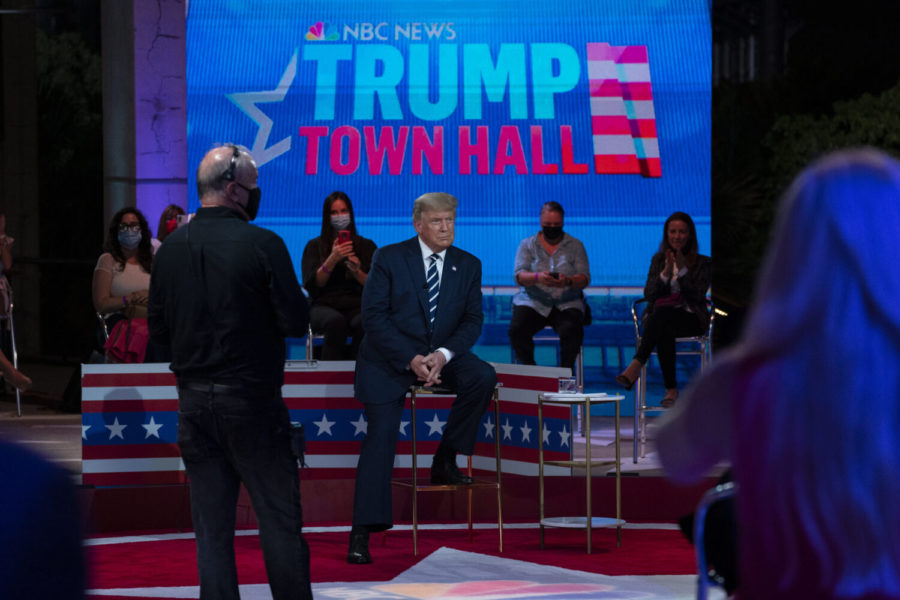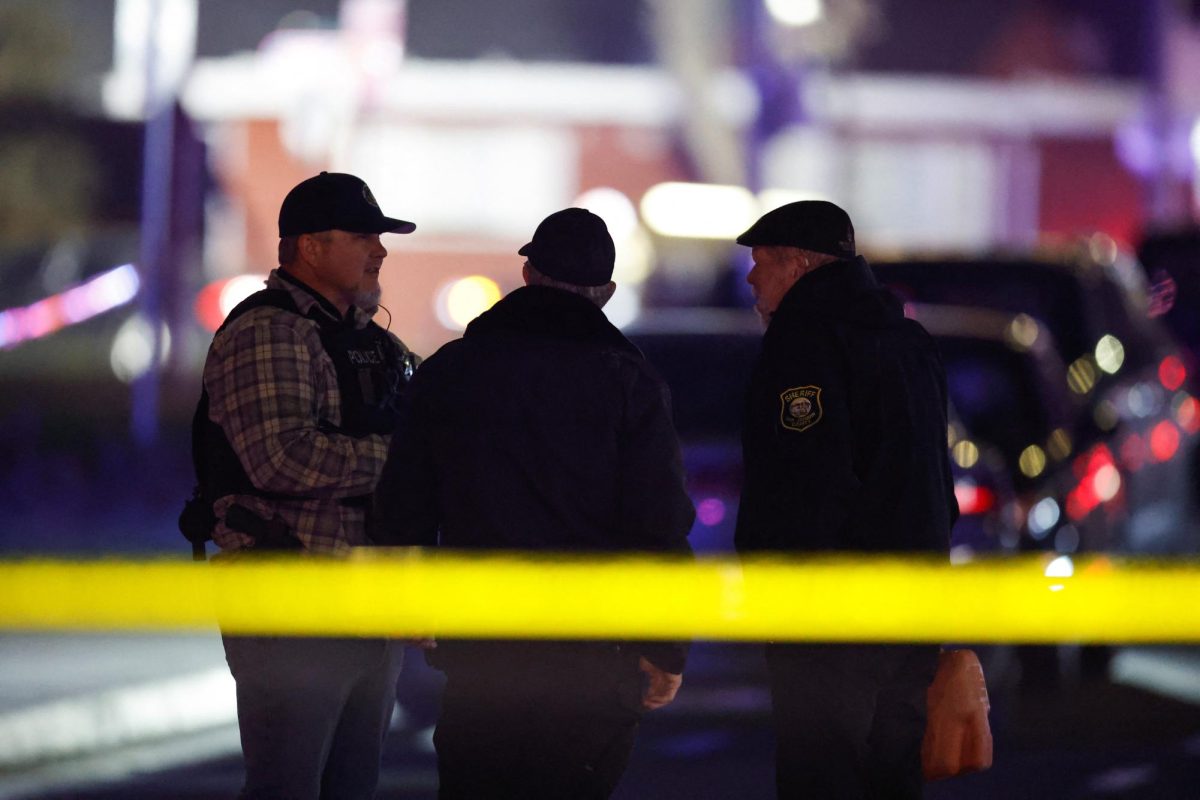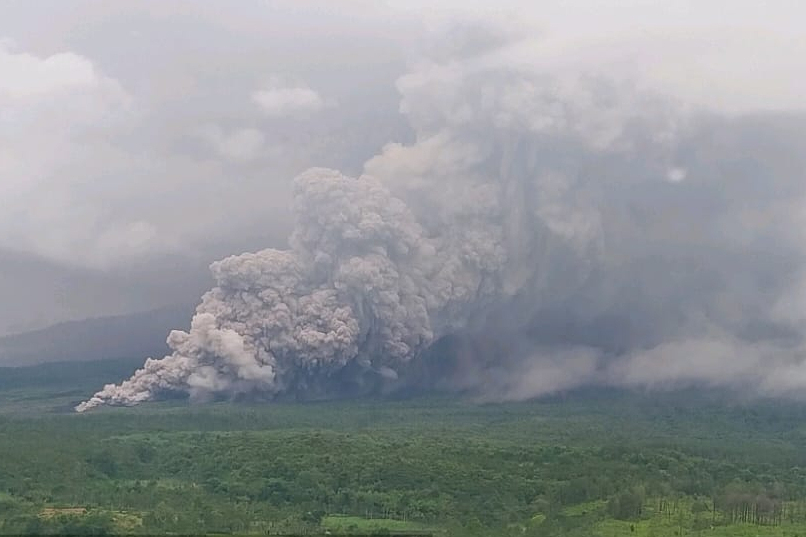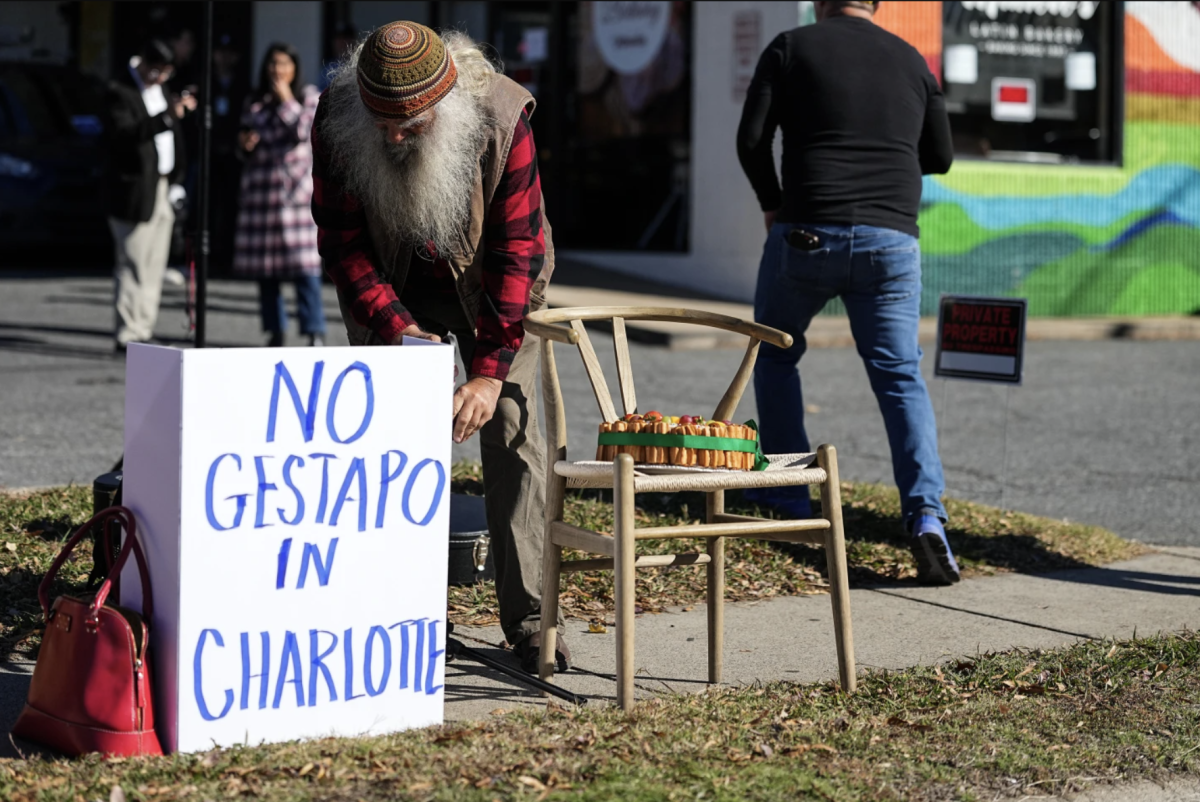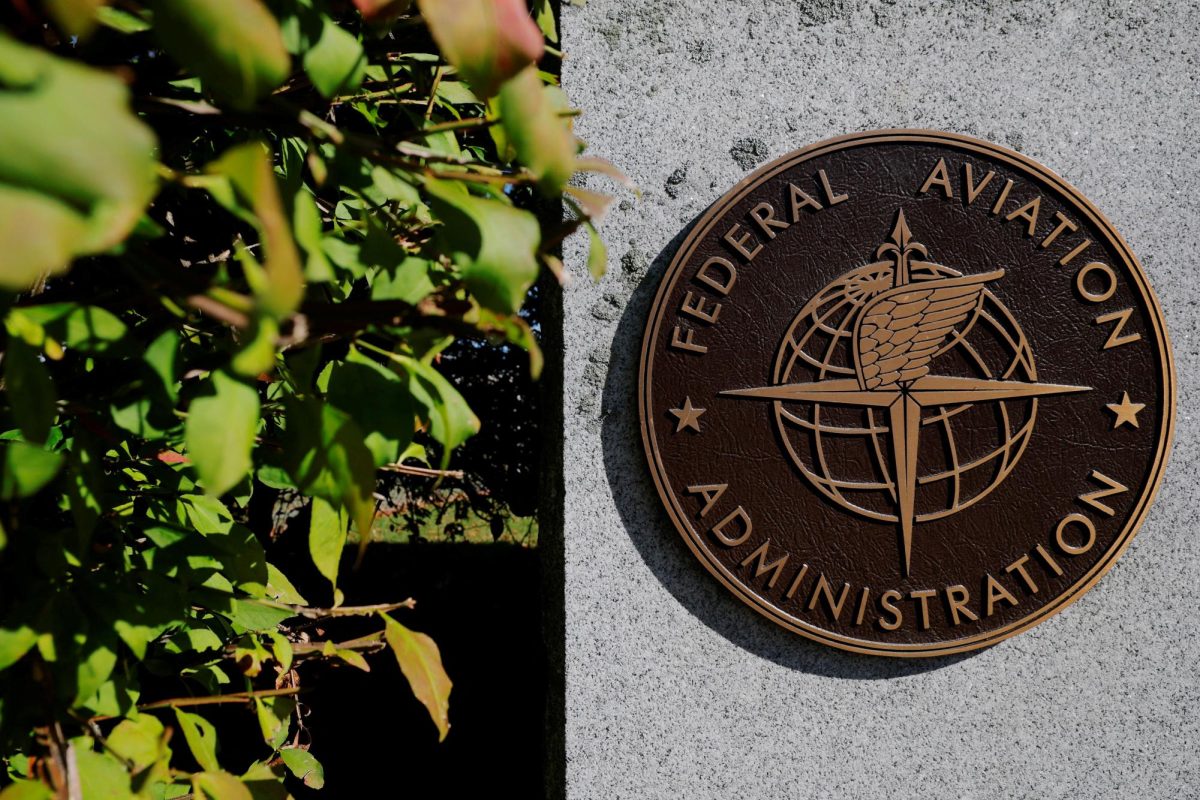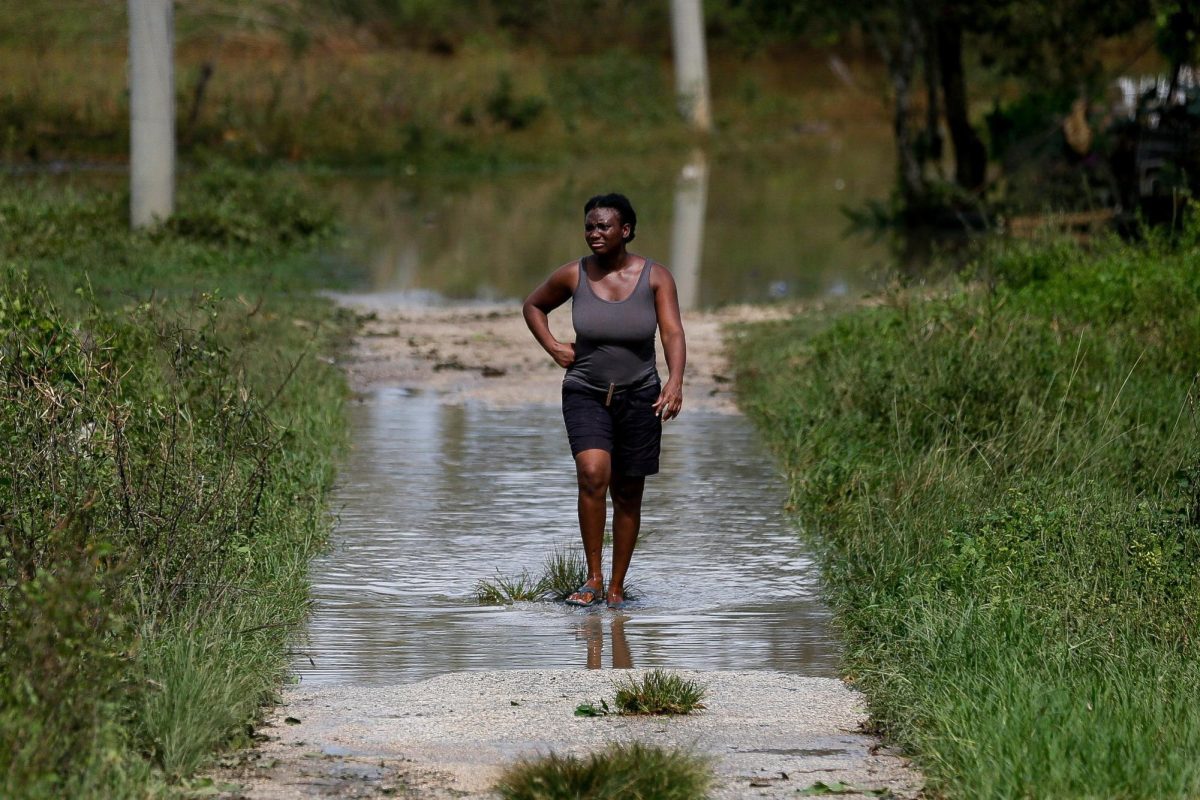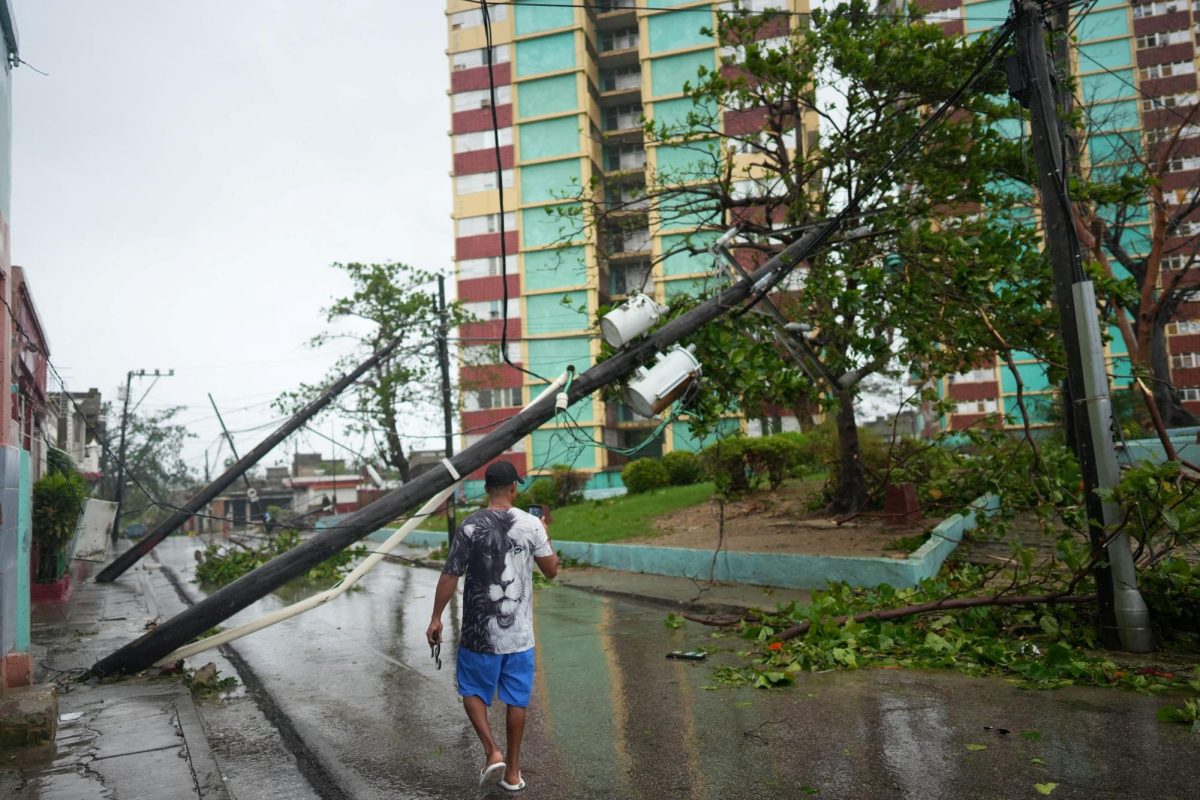Trump and Biden participate in duel town halls
The presidential candidates, rather than speaking over each other, spoke on different networks, allowing “Americans to choose a favored candidate to describe reality as they want to see it,” according to NBC News.
Two large takeaways from the night included Trump failing to condemn extremist group QAnon and Biden acknowledging the mistakes of the 1994 crime bill.
This came after Trump forcefully “offer[ed] a hedge free denunciation” saying that he denounced white supremacy, according to The New York Times. He failed to let moderator Savannah Guthrie finish her question before answering.
The third presidential debate is scheduled for Oct. 23.
US nears 8 million COVID-19 cases
The U.S. is approaching 8 million COVID-19 cases with the daily averages rising higher than 50,000 new daily infections.
According to CNN, public health officials, including Dr. Anthony Fauci, have warned about challenges that could arise in the fall and winter months. The biggest concern is a “twin-demic,” which would be a combination of COVID-19 and flu season.
New cases have been reported in over 35 states. Fourteen of them reached their peak seven-day average Thursday.
The World Health Organization showed that remdesivir, hydroxychloroquine, lopinavir/ritonavir and interferon regimens appear to have no effect on mortality rate in the Solidarity Therapeutics Trial.
Trump administration rejects California fire declaration request
According to CBS News, “the Trump administration has rejected a disaster declaration request over rampant wildfires that scorched California last month.”
Federal Emergency Management Agency Regional Administrator Robert J. Fenton Jr. submitted the disaster declaration request Sept. 28.
The declaration would “open up hundreds of millions of dollars in federal funding for areas devastated in those fires,” according to The Washington Post.
The state is planning to appeal the decision and believes they have a strong case as to why they meet the federal requirements for approval.
Japan decides to release Fukushima water
According to CBS News, “Japan will release more than a million tons of treated radioactive water from the stricken Fukushima nuclear plant into the sea in a decades-long operation, despite strong opposition from environmentalists, local fishermen and farmers.”
The earliest release of the water is aiming for 2022. The water will have been filtered to reduce radioactivity.
There is currently “around 1.23 million tons of wastewater being stored at the facility,” said plant operator TEPCO to CBS.
The urgency for this decision is caused by the shortage of space at the facility.
Tritanium, which according to experts is only harmful to humans in large quantities, would be properly filtered and then diluted with saltwater before being released to the sea.

